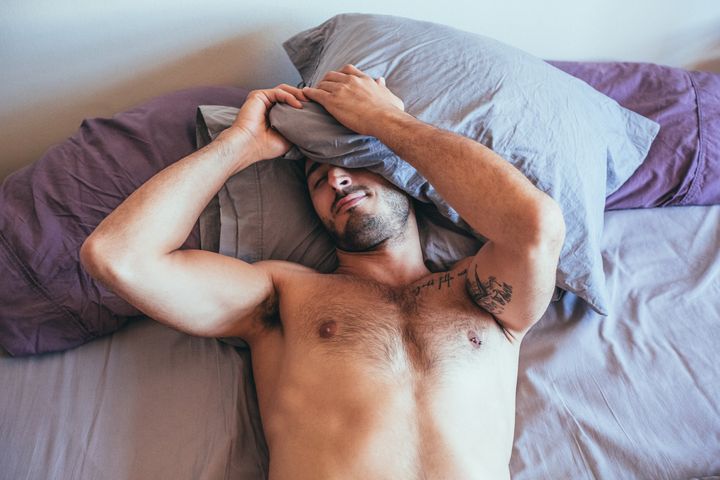The early bird may get the worm, but a new study suggests night owls may make up for it with “superior” cognitive function.
Researchers led by professors at Imperial College London looked at data from the UK Biobank study on more than 26,000 adults who had completed intelligence, reasoning, reaction time and memory tests. Then, they looked at participants’ sleep duration, quality and chronotype ― a person’s natural tendency to wake up and go to sleep at certain times, which is often simplified to “night owl” or “morning lark” and “early birds”― affected brain performance.
They found that night owls had “superior cognitive function,” scoring better on intelligence, reasoning and memory tests. Early birds had the lowest scores of all participants, while people who didn’t define themselves as either morning or evening people ranked somewhere in the middle.
“We found that those more active in the evening tended to perform better on cognitive tests than morning larks,” said Raha West, lead author and clinical research fellow at the department of surgery and cancer at Imperial College London.
The findings suggest that time of day people feel most alert and productive could influence their cognitive performance, especially in older adults, West said. Their relationship between chronotype and cognitive performance may change with age, possibly due to shifts in circadian rhythms and neurodegenerative processes, she told HuffPost.
“It was really intriguing to me that that evening types performed better on cognitive tests in older adults, which contrasts with findings in younger populations where morning types often show better cognitive outcomes,” she said.
In the case of young adults and adolescents, some of whom stay up too late to watch a TV show or for social reasons, there’s some benefit to get to bed earlier and wake up earlier, said Michael Scullin, an associate professor of psychology and neuroscience who studies sleep at Baylor University, but wasn’t involved in this study.
“In the case of older adults who may wake up too early and not be able to go back to sleep, it might be important to receive screening for clinical disorders or to change sleep hygiene behaviors,” he said.
But regardless of whether someone is a night owl or early bird, West and her team found that the optimal amount of sleep for quality cognitive health is between seven to nine hours per night.
“Both too little and too much sleep could negatively impact cognitive function,” West said.
Jena Ardell via Getty Images
One limitation of the study was that it was observational and can only establish associations, not causality, West said.
“We also relied on self-reported sleep patterns, which could introduce some bias,” she told HuffPost.
Still, the findings are “fascinating” because it’s widely believed that early risers generally have an edge over night owls in many areas, but especially when it comes to cognition, said Renske Lok, a postdoctoral fellow at Stanford University and another sleep researcher.
“While some research has suggested that night owls might be more creative, this is the first study I’ve seen that shows night owls could have an advantage in
cognitive performance, too,” Lok told HuffPost.
It’s worth noting that a study Lok worked on with a similar population suggested that staying up late is linked to poorer mental and physical health, so don’t go rushing to stay up late for a competitive edge.
“I wouldn’t suggest changing your sleep schedule to later hours just to try to boost brain performance, especially since this connection hasn’t been proven definitively yet,” she said.
Instead, the takeaway here ― for night owls and early birds ― is to work with your natural energy and peak cognitive times. Morning times might not be the most productive for night owls so depending on the type of work you do, you might consider tackling easier tasks during those non-peak hours. Afternoon times could be spent knocking out more weighty tasks, since you’re likely to be in a better flow state. (There’s more advice on that here.)
“Both chronotypes can perform well if they align their activities with their natural rhythms and prioritize good sleep habits,” West said. “It’s really about getting adequate, high-quality sleep to support cognitive health.”


